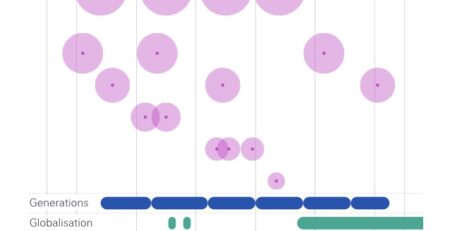The Effects of Environmental Distress on Labor Markets: Evidence from Brazil
By Danae Hernandez-Cortes & Sophie Mathes
This article documents how environmental distress affects individual-level labor market outcomes in Latin America’s largest economy. We collect data on a broad range of environmental distress events namely heat waves, floods, fires, and droughts, and combine these with uniquely rich administrative information covering the universe of formal employment in Brazil from 2003 to 2017. We find heterogeneous labor effects in response to environmental distress. We find that heat waves disrupt employment, increasing retirement rates by over 30 percent within the year of occurrence and beyond, driven by relatively more educated workers. Studying cross-municipality migration as a potential adaptation mechanism, we find little evidence that environmental distress increases the likelihood of individual out-migration. To the contrary, when floods or heat waves occur at typical destinations, the likelihood of migration among potential migrants and potential return migrants decreases significantly. Additionally, heat waves and floods reduce the likelihood cross-state out-migration, highlighting how environmental distress acts as a deterrent to migration. Our work contributes to understanding how environmental distress affects even the relatively more educated and higher-income formal labor force.
Source SSRN











